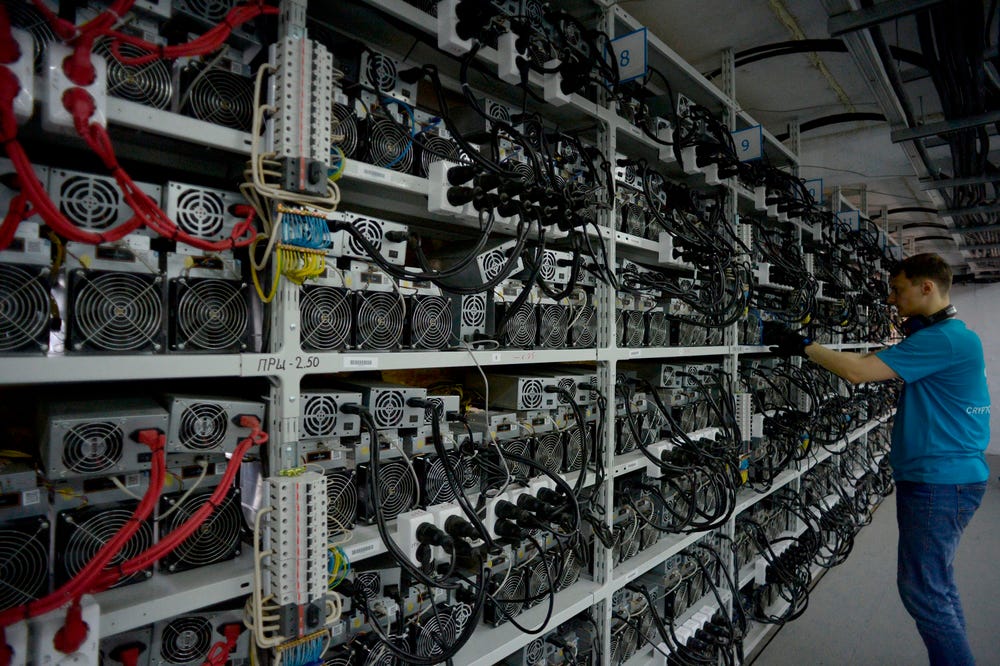This week, the CoinDesk website reported a curious case about Bitcoin, dealing more specifically with its mining. According to the source, mining company MintGreen, which specializes in clean technology, is working with Lonsdale Energy Corp. to reuse the heat generated in the production of new cryptocurrencies and heat a small town called North Vancouver, in British Columbia, Canada.


Expected by 2022, the heat source will replace the emission of nearly 20,000 metric tons of greenhouse gas into the atmosphere, coming from natural gases used in traditional heating equipment. With temperatures ranging from 0°C to 25°C, the thermal solution is sure to be very well received by Canadian city dwellers — in addition to encouraging eco-sustainable measures.
The feat will be achieved through MintGreen’s proprietary boiler, capable of reusing up to 96% of the energy used in the Bitcoin mining process as heat, which can be used to heat either the community or in industrial processes in the city.
Bitcoin mining farms often generate an abundance of heat, which can be reused in sustainable processes. (Source: Business Insider / Reproduction)







According to MintGreen CEO Colin Sullivan, the “captured” heat will be distributed to the population through water heating equipment, called “District Energy” in the city, in direct translation into Portuguese. Fortunately, North Vancouver has hundreds of these utilities, which will benefit from the mining process for a few years of supply, as stated in the contract signed with the company.
Although not exactly a novelty, this is the first time that the reuse of heat generated in bitcoin mining is carried out on a large scale. As the CEO of MintGreen suggests, the debut of the solution should not be later than the winter of 2022.
It remains to wait for the result of the undertaking to check its effectiveness — which can certainly alleviate criticism about the sustainability of Bitcoin. With the total ban on mining and trading in cryptocurrencies in China, which previously housed 75% of all miners in the network, it is possible that this business format will be relocated to more favorable countries.
MintGreen’s proprietary “Digital Boilers” recover 96% of the electricity used for bitcoin mining as heat that is then used to supply communities and for industrial processes.


The company uses an “immersion” technology that captures the heat generated in mining and goes to hot water utilities known as “District Energy,” which is then distributed to the customers, MintGreen’s CEO, Colin Sullivan, explained to CoinDesk in an interview.
The utility working with MintGreen serves about 100 buildings and the company will sell the heat under a contractual long-term agreement, Sullivan added.
On March 16, digital asset manager CoinShares said it participated in MintGreen’s seed investment round, noting that the miner’s “immersion” system captures and transfers the heat generated by crypto mining servers to industrial-scale hot water utilities.


Using heat from bitcoin mining is not new; rather, it has been happening around the world on a smaller scale.
MintGreen aims to have the system up and running by winter of next year in what would be the first deployment of the company’s technology on a large scale, according to Sullivan.
The City of North Vancouver’s population was 52,898 as of the 2016 census.